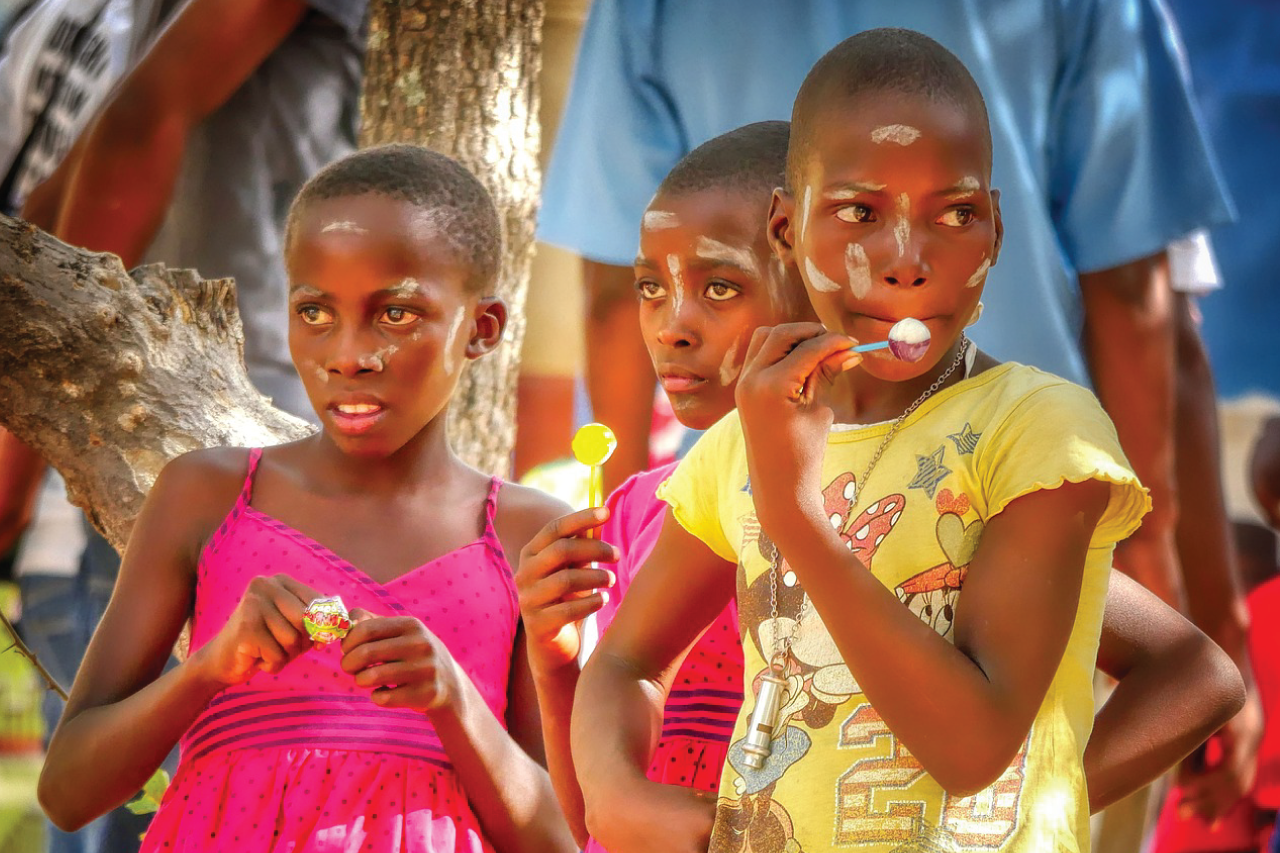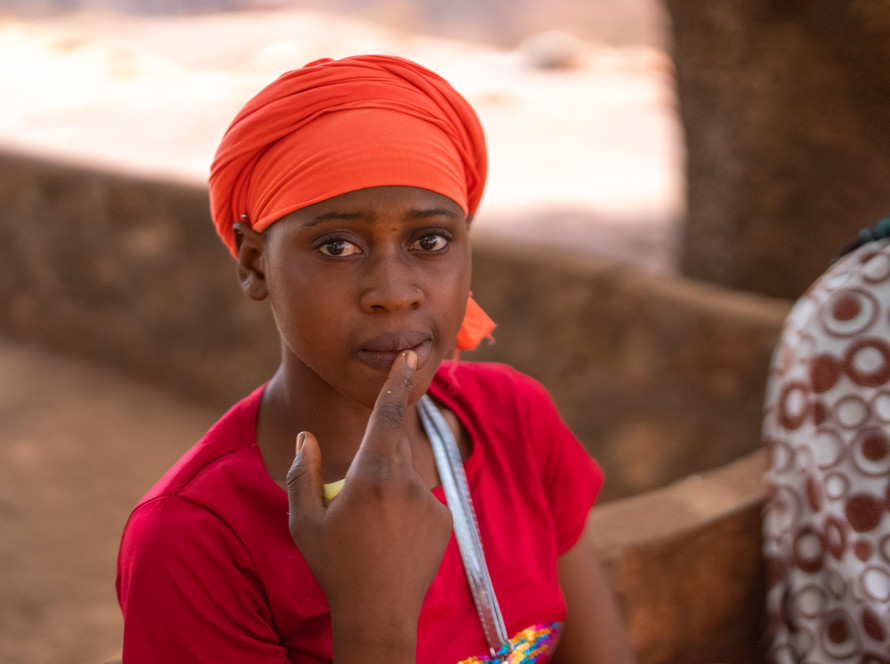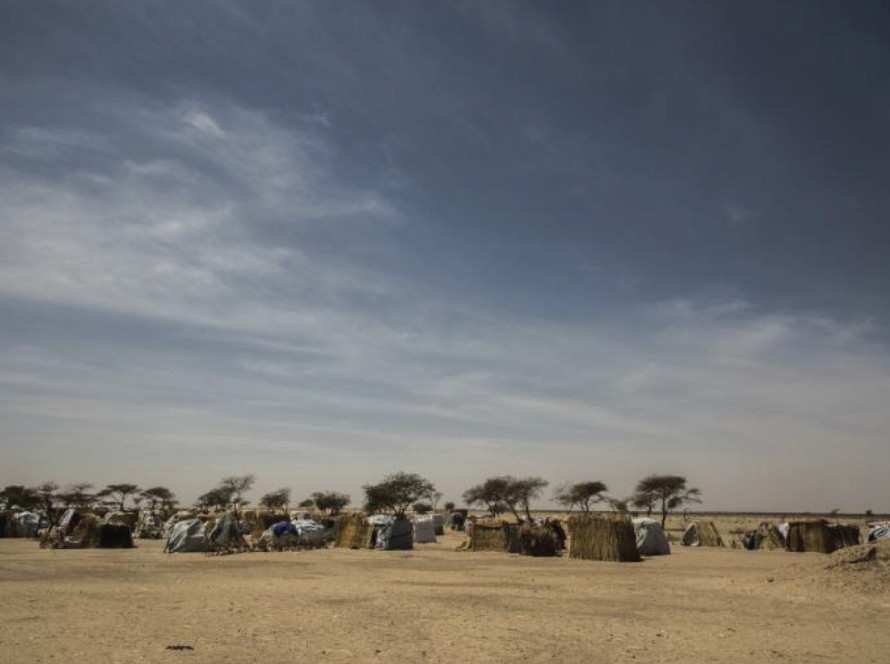Introduction
Human Papillomavirus (HPV) represents the most common viral infection of the reproductive tract. HPV is noteworthy for its role in causing cervical cancer, among other diseases. This article delves into the essence of HPV, its transmission, prevalence in Africa, preventive measures including vaccination, and the pivotal role of stakeholders in combating this virus.
What is HPV?
HPV is a group of more than 200 related viruses, with more than 40 types transmitted through sexual contact. Some HPV types cause genital warts, while others can lead to cancers such as cervical, anal, oropharyngeal, penile, vulvar, and vaginal cancers.
Causes and Spread
HPV is primarily spread through intimate skin-to-skin contact, not just sexual intercourse. It can be transmitted via vaginal, anal, and oral sex with someone who has the virus, even if they show no symptoms. Non-sexual transmission, though rare, can occur from infected surfaces or through vertical transmission from mother to child during birth.
Prevalence in Africa
Africa faces a high burden of HPV-related diseases, notably cervical cancer. The prevalence varies widely across the continent, with HPV infection rates being significantly high due to various factors, including limited access to screening and vaccination, high HIV prevalence, and socio-economic barriers.
Prevention
Prevention of HPV includes safe sexual practices, regular screening, and vaccination. Screening for cervical cancer and HPV testing can lead to early detection and treatment of precancerous conditions.
Vaccinations Available
Two vaccines (Gardasil and Cervarix) are widely available and recommended for both girls and boys and women and men of certain ages. These vaccines protect against the types of HPV that most commonly cause cervical cancer and genital warts.
Efficacy and Safety
The HPV vaccines have shown high efficacy in preventing infections with HPV types 16 and 18, which are responsible for a significant majority of cervical cancer cases. Vaccination before exposure to the virus (typically before sexual debut) is crucial for maximum effectiveness. The vaccines have a strong safety profile, as confirmed by numerous studies and monitoring systems.
Stakeholders in the Fight Against HPV
- Governments and Health Departments: Implement national vaccination programs, support public health campaigns, and facilitate access to HPV screening and vaccination.
- Education Departments: Integrate sexual health education into school curricula to raise awareness about HPV and its prevention.
- Community Leaders: Play a crucial role in destigmatizing HPV and promoting health education in local communities.
Healthcare Workers: Provide vaccinations, conduct screenings, and educate patients on HPV and related health risks.
Actions for Stakeholders
- Governments: Should ensure the availability of HPV vaccines and screenings, particularly in underserved areas. Policy initiatives could include making vaccination free or affordable and integrating HPV education and vaccination into existing health care services.
- Health Departments: Need to develop and implement comprehensive HPV vaccination and screening programs. Public health campaigns should focus on increasing awareness and dispelling myths about HPV and vaccination.
- Education Departments: Can introduce comprehensive sexual health education programs in schools, focusing on preventive measures, including the importance of vaccination and safe sexual practices.
- Community Leaders: Should work to reduce stigma and spread accurate information about HPV and the importance of vaccination, leveraging their influence to encourage community-wide participation in prevention programs.
- Healthcare Workers: Must stay informed about the latest HPV research and guidelines to effectively educate and advise patients. They play a critical role in administering vaccines and conducting screenings.
Conclusion
Combating HPV in Africa requires a coordinated effort among all stakeholders. Through widespread vaccination, robust public health education, and improved access to screening and treatment, it’s possible to significantly reduce the burden of HPV-related diseases. Stakeholders at all levels must collaborate to ensure that comprehensive prevention strategies are implemented and accessible to all Africans.




